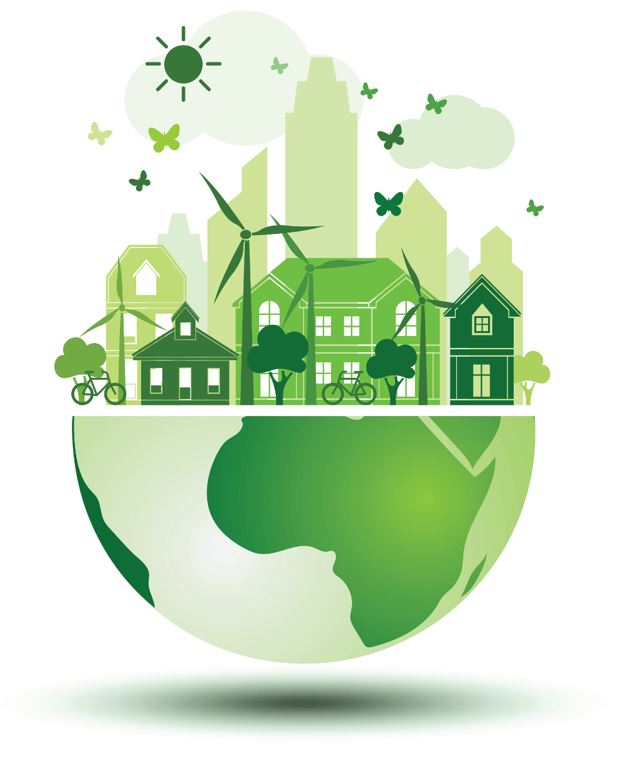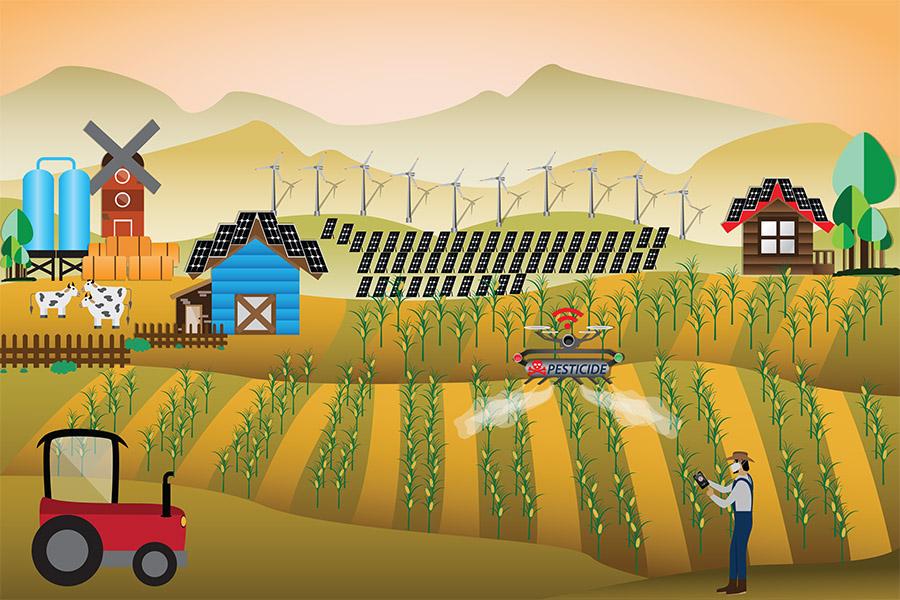VILLAGE DEVELOPMENT
Education and Skill Development: Promoting education and skill development is an essential aspect of village development. It involves ensuring access to quality education, building and improving schools, and providing educational resources and opportunities for children and adults. Skill development initiatives, vocational training programs, and entrepreneurship support can empower individuals in rural areas, enhance their employability, and stimulate economic growth.
Agricultural and Livelihood Development: Village development focuses on strengthening agricultural practices and promoting sustainable livelihood opportunities in rural areas. This includes supporting farmers through the provision of improved seeds, irrigation facilities, access to credit, and training in modern agricultural techniques. Diversification of livelihoods through the promotion of non-farm activities, small-scale industries, and cottage enterprises also contributes to economic growth and poverty reduction in villages

SOCIAL WORKS





